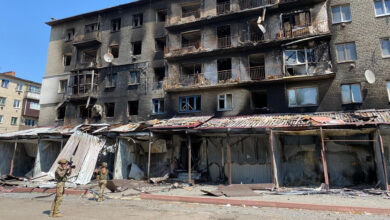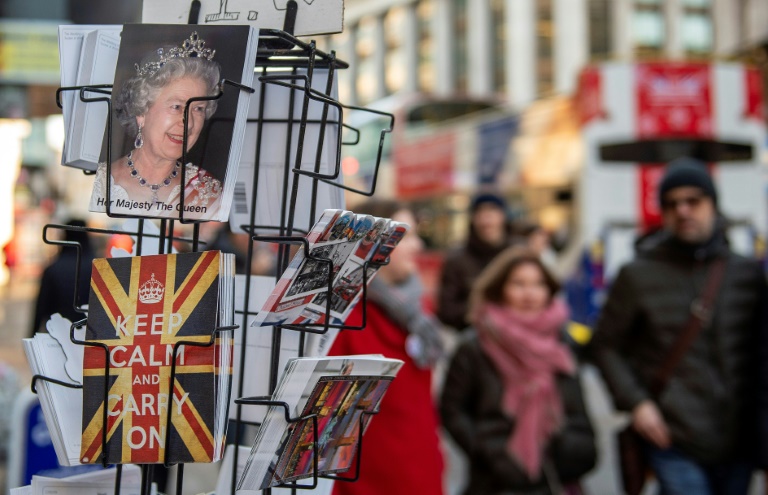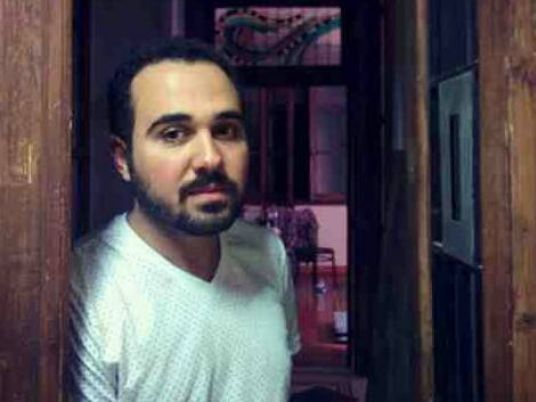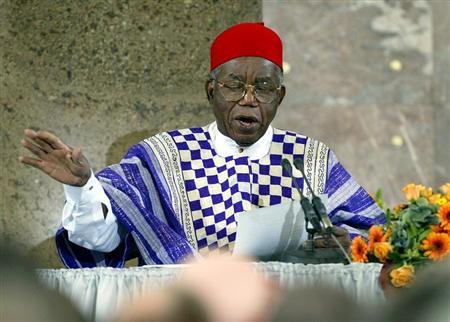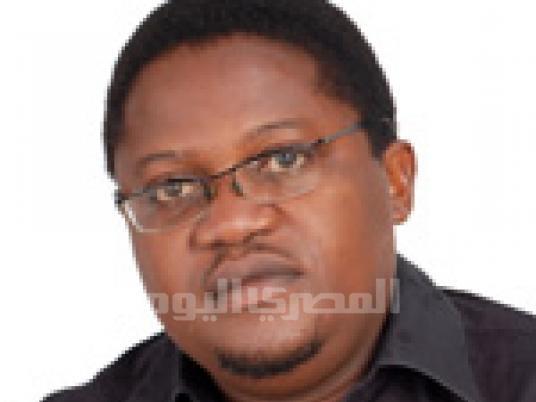
Egypt was one of just 14 countries represented by submissions to this year's Caine Prize for African Writing, sometimes referred to as the "African Booker." The prestigious and lucrative short-story prize, which accepts work from African-rooted writers over the world, announced its five-strong shortlist on Tuesday.
The shortlist is: Nigerian writer Rotimi Babatunde, Kenyan writer and editor Billy Kahora, Malawian writer Stanley Kenani, Zimbabwean author Melissa Tandiwe Myambo, and a South African writer and filmmaker who goes by the name Constance Myburgh.
Writers who hail from any of Africa's 50-odd nations can compete for the 10,000 British pound prize. But submissions are limited by language: stories must be originally written in English or published in an English translation. Most of this year's 122 eligible short stories, according to prize administrator Lizzy Attree, were from Nigeria and South Africa.
There was "only one from Egypt for example," Attree wrote. "But the others aren't badly represented, perhaps three or four. A lot from Zimbabwe this year too."
The five shortlisted stories are each very different in style and subject matter, with none standing clearly above the others. Judging chairwoman Bernardine Evaristo said in a news release that "this shortlist shows the range of African fiction beyond the more stereotypical narratives."
On the Caine Prize blog, Evaristo wrote last week that "The Caine Prize has been instrumental in revitalizing African fiction."
A number of authors who have been shortlisted for the prize, such as Sudanese-British author Leila Aboulela and Moroccan-American writer Laila Lalami, have gone on to greater fame. But the prize, which is based in the UK, has also been criticized as shaping African fiction to UK taste. Evaristo asked, on the blog, "are too many African writers writing for the approval of non-African readerships, such as the big, international markets in Europe and America?"
"I ask myself — to what extent does published African fiction pander to received notions about the continent, and at what cost? How might this contract the imagination and reduce expectations for readers and writers alike."
Evaristo, who called for a greater variety of African fiction, seemed to answer her own call with the wide-ranging shortlist.
Of the shortlisted stories, Myambo's moving "La Salle de Départ" has perhaps the most familiar theme, of emigration and return. Here, an Egyptian-American girlfriend comes between a Senagalese brother and sister.
"Ghada was like a big black stone that could splinter your teeth if it wasn’t removed before the rice was cooked," she writes.
Fatima wants her brother, Ibou, to take her son to live with him in America, but, "Somewhere deep down, Ibou experienced familial obligation as an intolerable irony."
In the dense and manic "Bombay's Republic," a Nigerian soldier fights in Burma during World War II and then returns to Nigeria to establish his own republic of one, where he becomes, among other things, "Lord of All Flora and Fauna. Scourge of the British Empire. Celestial Guardian of the Sun, Moon and Stars. Sole Discoverer of the Grand Unified Theorem. Patriarch of the United States of Africa."
Myburg's "Hunter Emmanuel" is a piece of literary noir where readers follow the trail of a woman's leg that's been cut off and left, gruesomely, hanging from a tree.
"Love on Trial," from Malawi, begins as a highly amusing and enjoyable read about a gay man persecuted by his “God-fearing” fellow countrymen. The story grows preachy and pedantic in the middle, but is redeemed — by a minister, no less — at its ironic end.
In Billy Kahora's "Urban Zoning," the Kenyan central character is a mass of contradictions: he hangs in a zone of perpetual drunkenness while retaining his wits; he abhors physical contact but thrives on casual sex. His laughter, too, is more than one thing: "The laughter was a language in itself, used to climb from a national quiet desperation."
The range of topics and narrative modes speaks to Evaristo’s call for an African fiction that cannot be defined.
In previous years, the prize received more submissions from North African authors; this year, there was only the lone story from Egypt. As with the International Prize for Arabic Fiction, writers who submit stories to the prize may also be selected for a Caine Prize workshop. These are held for the shortlisted writers and others who have come to the judges’ attention through the selection process.
All five finalists' stories can be read on the Caine Prize website. The winner will be announced 2 July at a ceremony in Oxford, UK.

